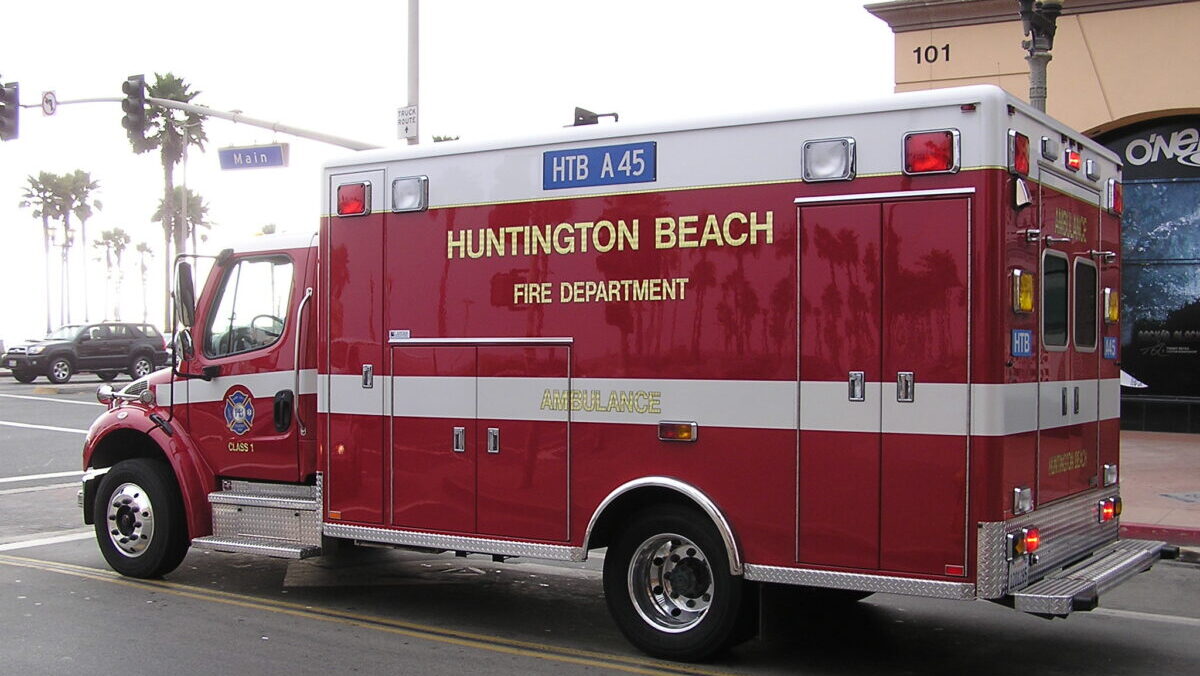California’s $20 fast-food wage law backfires
The article discusses the consequences of California’s FAST Recovery Act, which Governor Gavin Newsom signed two years ago to set a $20 minimum wage for fast-food workers. While initially promoted as beneficial for workers, restaurant owners, and customers alike, the law has reportedly led to negative outcomes. according to the Employment Policies Institute (EPI), the wage increase caused restaurants to reduce staff, raise menu prices, and adopt automation. Critically important job losses have occurred, with close to 20,000 fast-food jobs lost in california, which accounts for about 25% of nationwide fast-food job losses during the same period. Some franchises, like Pizza Hut, have laid off many delivery drivers, while others have closed entirely.
Small businesses have been particularly harmed, as they struggle more than large corporations to manage increased labor costs, which also affects local economies disparately across the state. Consumers have faced higher prices,with menu costs rising more than 13% after April 2024 in California,about double the increase in other regions.
However, a competing study from UC-Berkeley’s Center on Wage and Employment dynamics found that the law did not reduce employment or hours worked and only caused a modest 2.1% increase in prices. The center also suggested restaurant revenues may have increased. Despite these conflicting findings, critics argue the law has harmed workers, businesses, and consumers and caution against similar policies elsewhere. Governor Newsom’s office did not respond to requests for comment.
California’s $20 fast-food wage law backfires
Gov. Gavin Newsom (D-CA) was all smiles two years ago when he signed the FAST Recovery Act, creating a $20 minimum wage for fast-food workers in his state.
He called the legislation a win-win-win that would benefit restaurant owners, their employees, and customers alike. Fast forward two years, and all those wins he touted are turning into big losses, according to the Employment Policies Institute.
However, in the two years since the FAST Recovery Act was signed, restaurants have been forced to cut staff, raise menu prices, and turn to automation, EPI said.
California made national headlines when two large Pizza Hut franchises laid off more than 1,200 in-house delivery drivers to cut costs, while others, such as Mod Pizza and Foster’s Freeze, decided to close up shop entirely.
“Newsom’s $20 wage has turned out to be nothing more than a boost to his own ego at the expense of fast food workers,” Rebekah Paxton, research director at EPI, told the Washington Examiner. “His consistent claim that the law is a ‘win’ is out of touch with reality, and lawmakers looking to mirror his job-crushing policies should think twice.”
According to EPI’s analysis, California has lost close to 20,000 fast-food jobs since Newsom signed the law. That’s nearly 25% of the country’s fast-food job losses during that same period, according to an analysis of quarterly data released this month from the Bureau of Labor Statistics.
“These grim statistics should be a wake-up call for Newsom and other policymakers pushing for drastic wage hikes that will cause unintended consequences,” Paxton added.
Even employees who have kept their jobs are at risk of losing earnings. The law has cost nontipped restaurant workers 250 hours of work annually, according to the EPI analysis, which represents $4,000 in lost income under the state’s previous minimum wage for fast-food workers.
The American Cornerstone Institute has pointed out hits to small businesses in particular.
“Unlike their multinational competitors, small businesses have a tougher time absorbing the increased costs of labor, leading to further consolidation of capital in the hands of the largest corporations. In the same manner, a state-wide minimum wage doesn’t make sense when applied uniformly across a state as big as California,” ACI said. “The costs of living in somewhere like San Francisco, for example, are much higher than in the rural parts of the state, where one can live much more affordably. To force the businesses in both areas to adhere to the same wage rates does not make sense and exerts profound distortions on local economies.”
However, it’s not just the workers and small businesses that are getting hammered by the law. Consumers are feeling it too.
Menu price data by Datassential shows fast-food prices in California rose more than 13% after April 2024, which comes out to be double that in other parts of the country.
However, competing research analysis by UC-Berkeley’s Center on Wage and Employment Dynamics, a research organization that typically sides with unions, found the opposite to be true.
The center’s September analysis found that the $20 wage did not reduce fast-food employment, didn’t change the hours worked, and only led to a 2.1% increase in fast-food prices, or about 8 cents for a $4 item.
NEWSOM DIGS AT TRUMP’S WEIGHT AS WAR DEPARTMENT SEEKS TO ELIMINATE TROOP OBESITY
“Restaurant revenues likely increased,” researchers Michael Reich and Denis Sosinskiy found. “The royalty fees restaurant operators pay to franchisors, therefore, probably rose as well.”
An email to Newsom’s office for comment by the Washington Examiner was not returned.
" Conservative News Daily does not always share or support the views and opinions expressed here; they are just those of the writer."


